Maine Anjou Cattle
- January 30, 2024
- 0 comment
Maine Anjou cattle, originating from the historic regions of Maine and Anjou in France, are a prominent breed known for their distinctive red and white markings and impressive size. Developed in the 19th century, these cattle were initially bred for both draft work and meat production, a testament to their versatility and strength. As a dual-purpose breed, they have evolved to become more specialized in beef production, prized for their excellent meat quality characterized by its tenderness and flavor. Physically, Maine Anjou cattle are robust and muscular, with bulls typically weighing between 2,200 to 2,800 pounds and cows around 1,500 to 2,000 pounds. They are not just brawn; their temperament is notably docile, making them a preferred choice for farmers in terms of manageability and ease of handling.
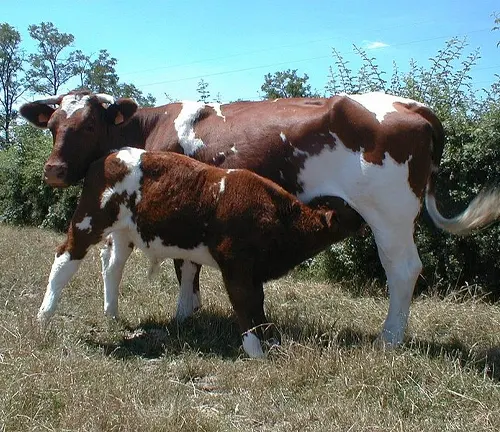
In the agricultural landscape, Maine Anjous have shown remarkable adaptability, thriving in various climates, which has contributed to their popularity across different countries, including significant presence in North America. Their genetic traits, particularly those influencing muscle growth and overall hardiness, are highly valued in crossbreeding programs aimed at enhancing meat quality and disease resistance. Beyond their contribution to the beef industry, Maine Anjou cattle are also a part of dairy production lines, though to a lesser extent, known for producing rich, creamy milk.
Their economic impact is noteworthy, with a steady demand in the meat market and a growing interest in sustainable and organic farming practices. The breed’s adaptability to grass-based diets has opened avenues for environmentally conscious farming methods. Furthermore, Maine Anjou cattle have a strong presence in cattle shows, where their majestic stature and conformation are celebrated. Looking ahead, the future of Maine Anjou cattle appears promising. Continuous advancements in breeding techniques and a growing appreciation for their unique qualities are ensuring that this breed remains a valuable and integral part of the agricultural world.
| Specification | Details |
|---|---|
| Origin | Maine and Anjou regions, France |
| Primary Use | Meat production, occasionally dairy |
| Coat Color | Predominantly red and white, with varying patterns |
| Average Weight (Bulls) | 2,200 to 2,800 pounds (1,000 to 1,270 kg) |
| Average Weight (Cows) | 1,500 to 2,000 pounds (680 to 910 kg) |
| Temperament | Docile and easy to handle |
| Musculature | Well-muscled, known for high meat yield |
| Lifespan | Approximately 15 to 20 years |
| Climate Adaptability | Adapts well to various climates |
| Calving | Generally easy calving |
| Growth Rate | Fast-growing, reaching maturity quickly |
| Market Demand | High demand for quality beef |
| Crossbreeding Use | Commonly used to improve meat quality in other breeds |
| Dairy Production | Limited, with some lines used for dairy |
| Environmental Suitability | Suitable for both intensive and extensive farming systems |
Maine Anjou Cattle: A Comprehensive Guide
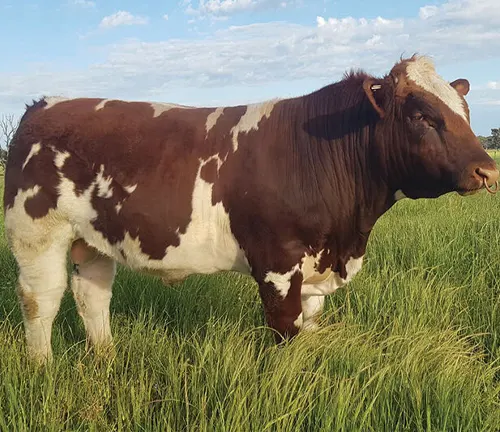
Maine Anjou cattle, known for their distinct red and white coats, are a remarkable breed with a rich history. Originating from the Maine and Anjou regions of France, these cattle are a fusion of exceptional traits from local breeds.
Overview
This breed, renowned for its muscle development and size, has become a popular choice in both the meat and dairy industries. But what makes them stand out?
Origin and History
The journey of Maine Anjou cattle began in the 19th century in France. Initially bred for work, their role evolved with advancements in agriculture.
Characteristics of Maine Anjou Cattle
Understanding the unique attributes of Maine Anjou cattle is key to appreciating their value in the agricultural sector.
Physical Traits
With their striking red and white patches, Maine Anjou cattle are not just about looks. Their robust physique is a testament to their strength and endurance.
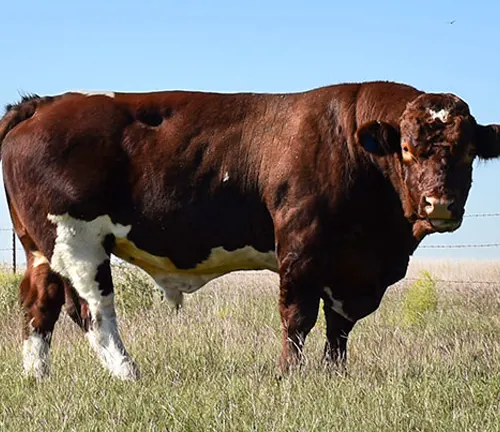
Temperament
Despite their size, Maine Anjous are known for their docile nature. This temperament makes them a favorite among farmers and breeders.
Breeding and Genetics
The genetic makeup of Maine Anjou cattle contributes significantly to their desirability.
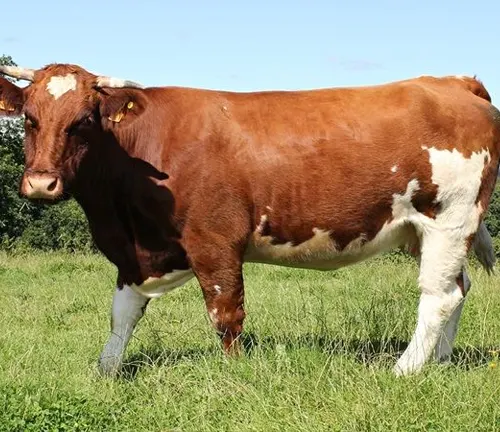
Genetic Traits
Maine Anjous possess genes that promote muscle growth and overall hardiness. These traits are highly sought after in crossbreeding programs.
Crossbreeding Benefits
Crossbreeding with Maine Anjous can enhance meat quality and disease resistance in offspring, making it a strategic choice for many farmers.
Maine Anjou in Agriculture
The role of Maine Anjou cattle in agriculture extends beyond just their physical attributes.
Meat Production
Known for their high-quality meat, Maine Anjous are a cornerstone in the beef industry. Their meat is characterized by its tenderness and flavor.
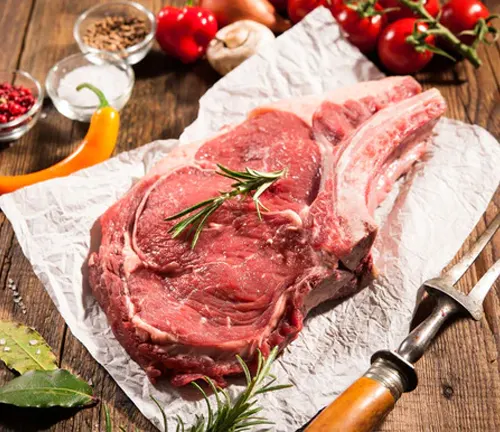
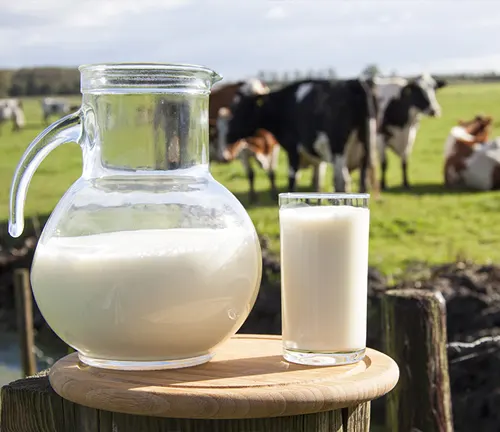
Dairy Production
Though primarily recognized for meat, some Maine Anjou lines also contribute significantly to dairy production, offering rich and creamy milk.
Raising Maine Anjou Cattle
Raising Maine Anjou cattle involves specific practices to ensure their health and productivity.
Best Practices
From housing to pasture management, the care of Maine Anjous requires a comprehensive approach to maintain their well-being.
Health and Nutrition
A balanced diet and regular health check-ups are crucial for the longevity and productivity of Maine Anjou cattle.
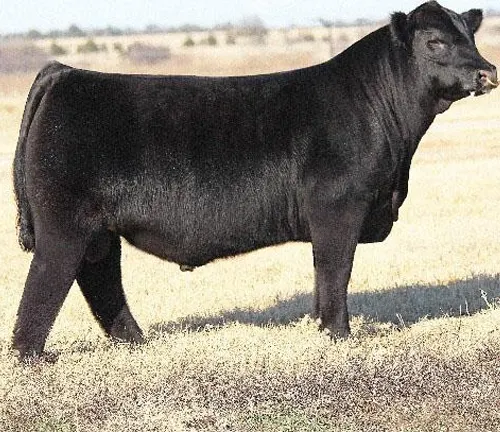
Maine Anjou Cattle in Different Regions
Maine Anjous have adapted to various climates and are popular in several countries.
Adaptability to Various Climates
These cattle have shown remarkable adaptability, thriving in diverse environmental conditions.
Popularity in Different Countries
The breed’s versatility has led to its popularity in regions beyond France, including North America and Australia.
Showing Maine Anjou Cattle
Maine Anjous are not just farm animals; they are also stars in cattle shows.
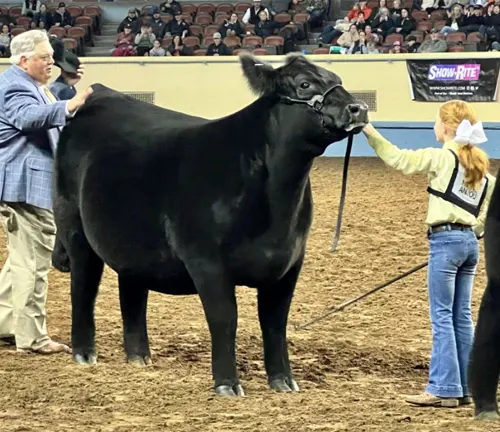
Preparation for Shows
Preparing Maine Anjous for shows involves meticulous grooming and training to showcase their best attributes.
Achievements in Shows
Maine Anjous have a track record of success in cattle shows, highlighting their exceptional qualities.
Environmental Impact
The breeding and raising of Maine Anjou cattle have implications for the environment.
Sustainability Practices
Adopting sustainable practices in raising Maine Anjous is crucial for environmental stewardship.
Impact on Local Ecosystems
The presence of Maine Anjou cattle can affect local ecosystems, necessitating careful management.
Different Species
Traditional Maine Anjou
This type represents the original breed characteristics as developed in France. They are known for their large size, red and white coloring, and dual-purpose nature (both meat and draft).
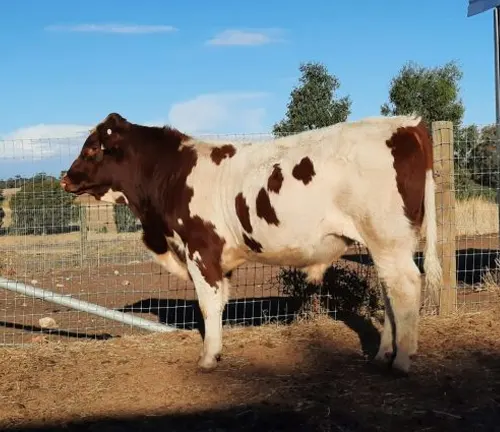
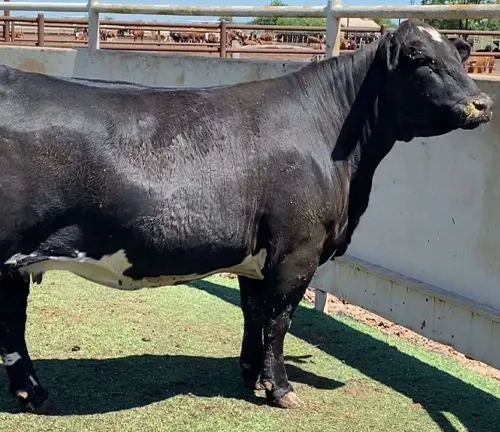
American Maine Anjou
In the United States, the breed has been selectively bred for beef production, emphasizing traits like rapid growth rate, muscle mass, and feed efficiency. American Maine Anjous may show slightly different physical characteristics compared to their European counterparts.
Polled Maine Anjou
Some breeders have focused on developing polled (naturally hornless) lines of Maine Anjou cattle. This trait is desirable for ease of handling and safety, reducing the risk of injury to other cattle and handlers.
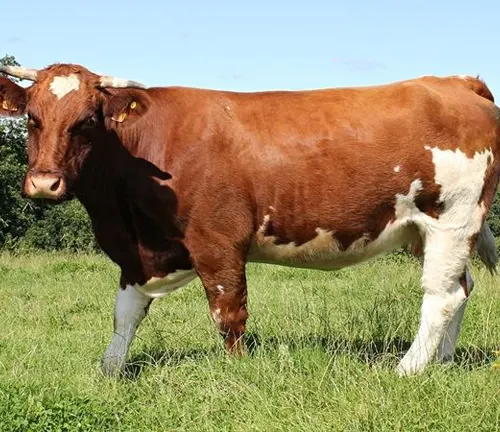
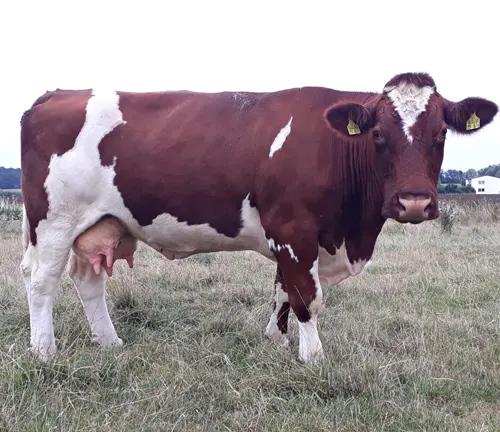
Dairy Maine Anjou
While less common, there are lines within the Maine Anjou breed that have been developed for dairy production. These cattle would be bred for traits such as milk yield and quality.
Show Line Maine Anjou
Bred specifically for cattle shows, these Maine Anjous are selected for their appearance, conformation, and temperament, making them suitable for exhibitions and competitions.
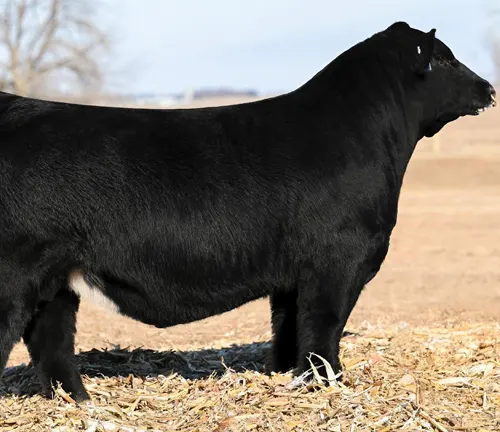
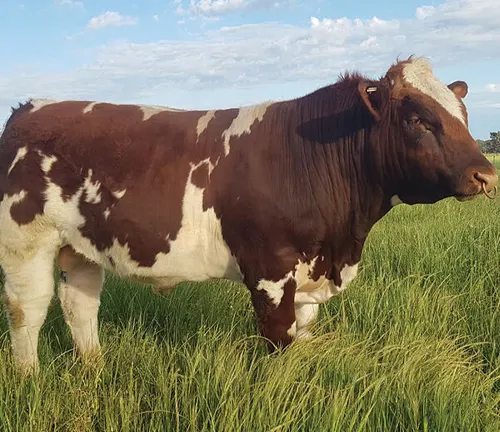
Grass-Fed Maine Anjou
With a growing interest in sustainable and organic farming practices, some breeders focus on developing Maine Anjou cattle that thrive on grass-based diets, which can affect their size, meat quality, and overall health.
Crossbred Maine Anjou
There are also various crossbred lines where Maine Anjou cattle have been crossed with other breeds to combine desirable traits, such as with Angus for improved meat quality or with Holstein for dairy production.
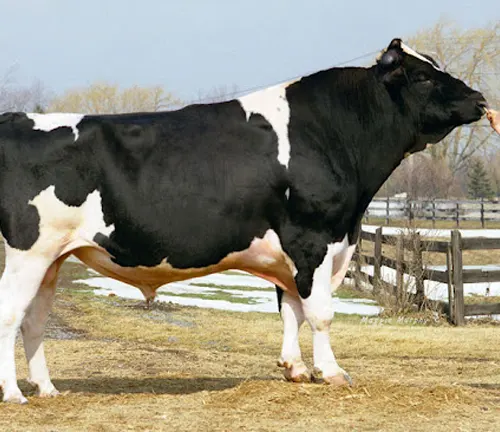
Frequently Asked Question (FAQs)
- What is the origin of Maine Anjou cattle?
Maine Anjou cattle originated in the Maine and Anjou regions of France, initially developed in the 19th century. - What are the main characteristics of Maine Anjou cattle?
They are known for their large size, distinctive red and white coat, muscular build, and docile temperament. - Are Maine Anjou cattle suitable for both meat and dairy production?
Yes, they are primarily raised for meat due to their muscle mass and meat quality, but some lines are also used in dairy production. - How do Maine Anjou cattle fare in different climates?
They are adaptable to various climates, thriving in both temperate and harsher environments. - What is the average weight and size of Maine Anjou cattle?
Adult Maine Anjou bulls typically weigh between 2,200 to 2,800 pounds, while cows weigh around 1,500 to 2,000 pounds. - How do Maine Anjou cattle contribute to crossbreeding programs?
Their traits, such as size, meat quality, and docility, make them a popular choice for crossbreeding to improve these characteristics in other breeds. - What are the best practices for raising Maine Anjou cattle?
Best practices include proper nutrition, regular health check-ups, adequate housing, and pasture management. - What is the lifespan of Maine Anjou cattle?
Maine Anjou cattle typically have a lifespan of around 15 to 20 years, depending on the care and environment. - Can Maine Anjou cattle be used for draft purposes?
Historically, they were used as draft animals, but today they are primarily raised for meat and, to a lesser extent, dairy production. - What kind of temperament do Maine Anjou cattle have?
They are known for their calm and docile temperament, making them easier to handle compared to some other breeds. - Are there specific health concerns associated with Maine Anjou cattle?
Like all breeds, they have certain health considerations, but with proper care and management, they are generally robust and healthy. - What is the market demand for Maine Anjou cattle?
There is a strong market demand, especially for high-quality beef production. - How are Maine Anjou cattle shown in competitions?
They are shown in livestock competitions focusing on conformation, size, and overall appearance. - What are the environmental impacts of raising Maine Anjou cattle?
As with any livestock, there are environmental considerations, but sustainable farming practices can mitigate negative impacts. - Are Maine Anjou cattle easy to breed and calve?
They have a reputation for relatively easy calving, but like all cattle breeds, breeding should be managed by knowledgeable individuals or professionals.


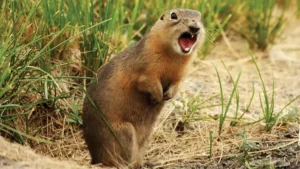
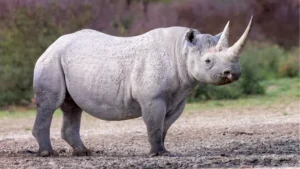
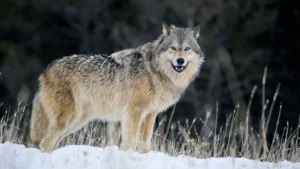

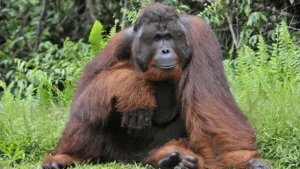
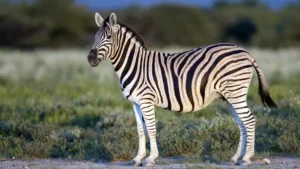
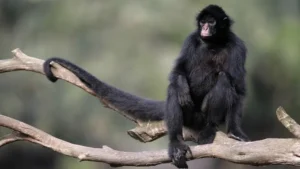
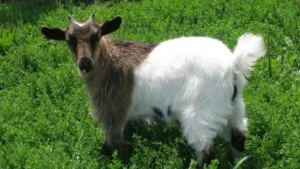
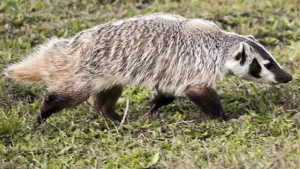
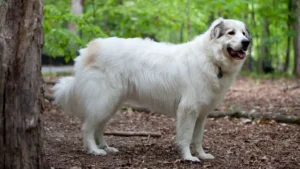
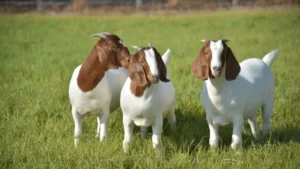
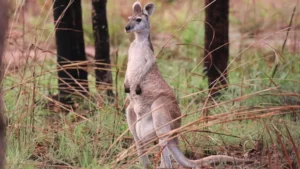
Leave your comment